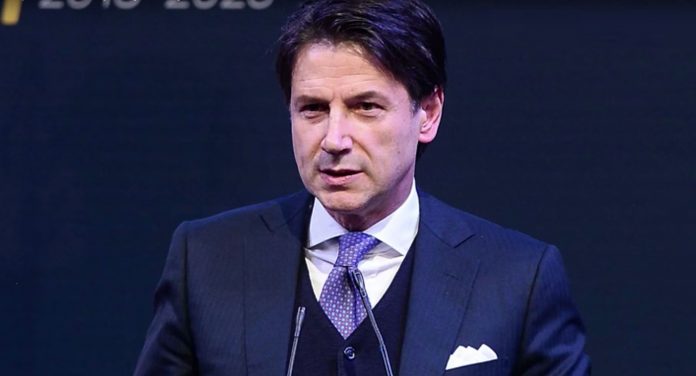Italy’s new economy minister, Giovanni Tria, has confirmed his government has no intention of leaving the euro. The minister also said the government is focussed on cutting debt levels, looking to boost growth through investment and structural reforms rather than deficit spending.
In his first interview since taking office earlier this month, Giovanni Tria told Corriere della Sera newspaper that he aimed to meet existing debt targets for 2018 and 2019, adding that Italy’s debt commitments were fully sustainable.
“Our goal is [to lift] growth and employment. But we do not plan on reviving growth through deficit spending,” Tria said, adding that he would present new economic forecasts and government goals in September.
“These will be fully coherent with the objective of continuing on the path of lowering the debt/GDP ratio,” he said.
In a separate report, Deutsche Welle (DW), Germany’s international broadcaster, noted that Italy is grappling with a €2.3 trillion debt, which is 132% of gross domestic product (GDP). It’s the second highest ratio in the eurozone after Greece.
“The position of the government is clear and unanimous,” added Tria. “There is no question of leaving the euro. The government is determined to prevent in any way the market conditions that would lead to an exit materializing. It’s not just that we do not want to leave, we will act in such a way that the conditions do not get anywhere near to a position where they might challenge our presence in the euro.”
Giuseppe Conte, a little-known law professor who was picked by the League and 5-Star Movement (M5S) as their candidate for prime minister and eventually sworn in on June 1, said last week that a departure from the euro was “not up for discussion”.
As reported by the Reuters news agency, Tria also challenged the notion that Italy might indulge in a public spending spree after promises by the new government that it would roll back pension reform and increase welfare spending.
“Our goal is [to lift] growth and employment. But we do not plan on reviving growth through deficit spending,” he said.

